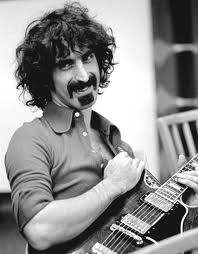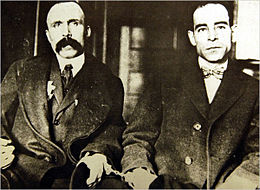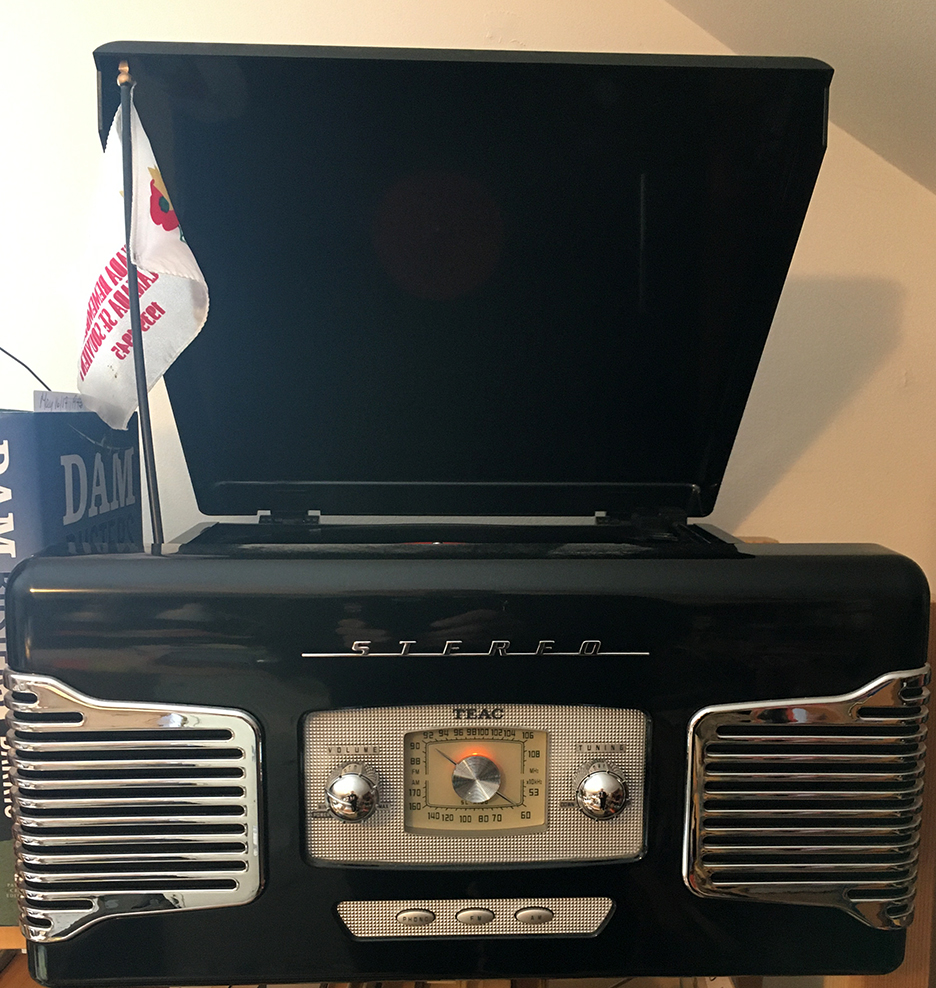
Until about a year ago, it sat there, unused. It was just a piece of furniture filling a corner of my office, covered in dust and unopened. Its knobs, glass dials and chrome corners pretty much untouched for years. Then, shortly after Trudeau and Ford locked things down, the result of the pandemic, I unlocked its lid, turned the dial to “phono,” and got reacquainted with an old friend – my record player.
I should say friends. In the opposite – and equally dusty – corner of my office, I pulled out some of my favourite vinyl. And I got lost in the leisure of pulling discs from their cardboard jackets and paper sleeves, sliding them onto my turntable, dropping the stylus in the groove and turning up the volume.
Masking, isolating, cutting off the world with social distancing, being alone (or nearly) requires something to fill the void, right? For some, it’s food, and too much of that can really be a bad thing. For others, and I do it every day, it’s long walks. But a full stomach or oxygenated lungs only brings a certain degree of satisfaction or distracted fulfillment.

So, I’ve turned to the turntable and all its sonic pleasures, because every piece of music I enjoy brings a person, a story, or a feeling to mind. Playing anything by Sting brings back memories of a magical summer evening concert by Lake Ontario. I could listen to Laura Nyro’s Stoned Soul Picnic until the record wore through. And jazz pianist Dave Frishberg’s Blizzard of Lies makes me fall over laughing with its irony and brilliance.
Back in the 1950s, when my family owned a small cottage on the west shore of Lake Simcoe, recorded music had a special place. After swimming, fishing, golfing on hot summer days, in the cool of the evenings, my sister, grandparents, Mom, Dad and I slowed into individual activities around the tiny bungalow.
Grandmother sewed, grandfather read his Greek newspapers, I worked on my stamp collection and Dad chose music for the record player. That’s how I discovered Jean Sibelius, Aram Khachaturian and Pyotr Ilyich Tchaikovsky.
On Dad’s disc of the 1812 Overture, cannons actually fired on cue and massive church bells chimed out the Russian victory over Napoleon. But I also learned what 5/4 time meant when Dad played Paul Desmond’s Take Five by the Dave Brubeck Quartet.
For something completely different, I’ve rediscovered Frank Zappa during the pandemic. I have a well-worn edition of his Hot Rats album, a mostly instrumental album he recorded in 1969 after the breakup of his famous Mothers of Invention band. So, I listen to such titles as Willie The Pimp, It Must Be A Camel and Peaches En Regalia (which earned him a Grammy).
Why he dedicated the album to his newborn son Dweezil, I’ll never know. But what I always remember when I play the vinyl is the night I met and interviewed the inventive jazzman and political activist.
It was a stormy autumn night in 1970. With the aid of a media pass, I’d managed to talk my way into Zappa’s concert at what was then known as “The Rock Pile” (a.k.a. the Masonic temple at Yonge and Davenport in Toronto).
Between sets I climbed stairs to the tiny, third-floor green room. I arrived at the back of a gaggle of reporters. Frank sat sweating profusely from his first set, in a wingback chair, smoking a cigar in a terry-cloth robe. The brash, satirical, anti-establishment band leader was clearly bored with the questions us silly reporters had to offer.
“How do you like Toronto, Frank,” one asked.
“Fine,” and he took a long drag on his cigar.
“Where d’you go next?”

“Detroit.” Zappa couldn’t wait for this press conference to end. But having studied Frank’s strong anti-fascist politics and outspokenness, I took the opportunity to try to get something memorable from him.
“Frank?” I piped up with all the courage I could muster. “Why do you think Nicola Sacco and Bartolomeo Vanzetti were railroaded to the electric chair?” (In 1921, the two anarchists were tried by judge, convicted and executed for murder, that the two Italian immigrants claimed their anarchist politics had provoked).

He put his cigar down, looked up at me, stroked his goatee and said, “Well, let me tell you, young man…” and I got the interview of a lifetime.
All that from just listening to Hot Rats.
But that barely scratches the surface of my vinyl collection and the memories associated with some of those discs. So, provided the turntable in the corner of my office continues to spin and my record-player needle doesn’t wear out, the music and the memories, I hope, should fill the distancing between here and that elusive anti-COVID vaccine.